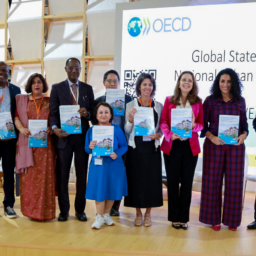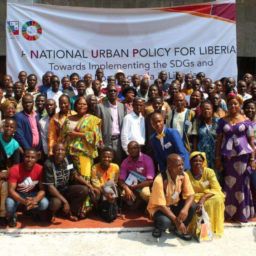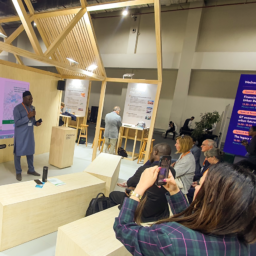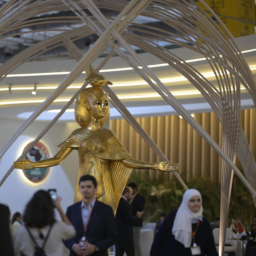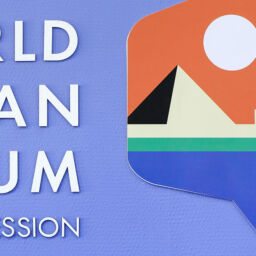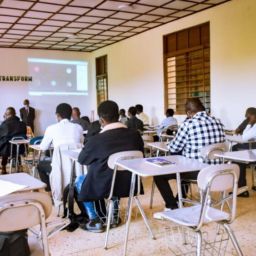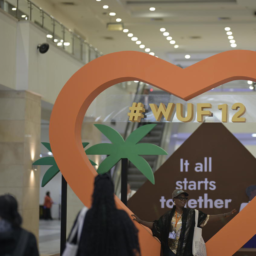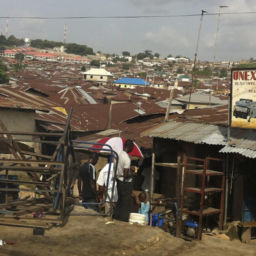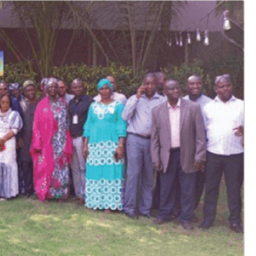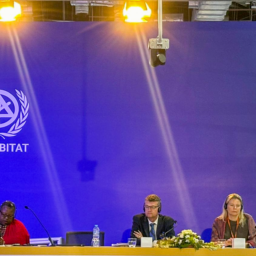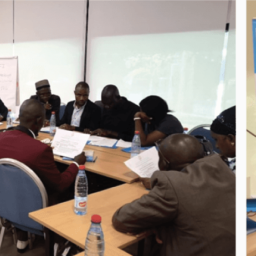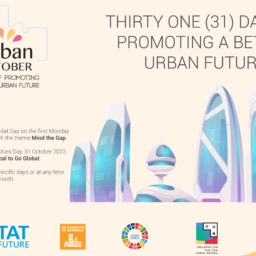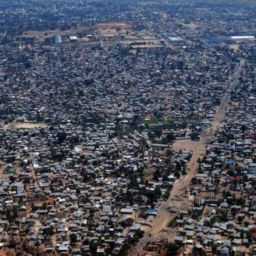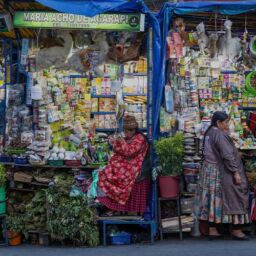From National Urban Policy to Access Clean water:
A story of Resilience and Hope

Saliu Babangida, the district head of Tunga Mallam recalls how the once thriving water scheme of Tanga Mallam used to be functional and served the rapidly growing population of Tanga Mallam, he recalled that when the water scheme was constructed in 1984, residents solely relied on the scheme for clean water for drinking, cooking and other domestic uses, however, when the scheme broke down and could no longer supply clean water, the residents of Tanga Mallam had to endure higher prices, unsafe water from wells and trekking for long just to access water for their daily use as stated by Sailu.
“Due to the poor state of the water scheme, most people in town rely heavily on hand-dug wells and local streams, which are not only unsafe but also difficult to access. Our women and children bear the brunt of this burden, walking nearly two hours each day, covering around 3.5 miles in search of water. The breakdown of the Bi-Water Scheme is more than just an infrastructure failure; it’s a severe crisis that disrupts our everyday lives,” explains Saliu Babangida.
The similar challenge is being experienced in other semi-urban towns across Niger state including Tegina, Beji, Kataerehi, Gwada and Dokko.
In a bid to support alleviate the situation, UN-Habitat in partnership with the Republic of Korea supported the Niger state Government in developing the National Urban policy through participatory and inclusive processes that brought together the Government institutions and the community in identifying critical areas of intervention in a bid to advance sustainable urban development in Nigeria. One of the critical areas that was identified was rehabilitation of six long abandoned bi-water schemes in a bid to improve access to clean water for Niger state residents and implement the Nigeria Urban Policy framework.
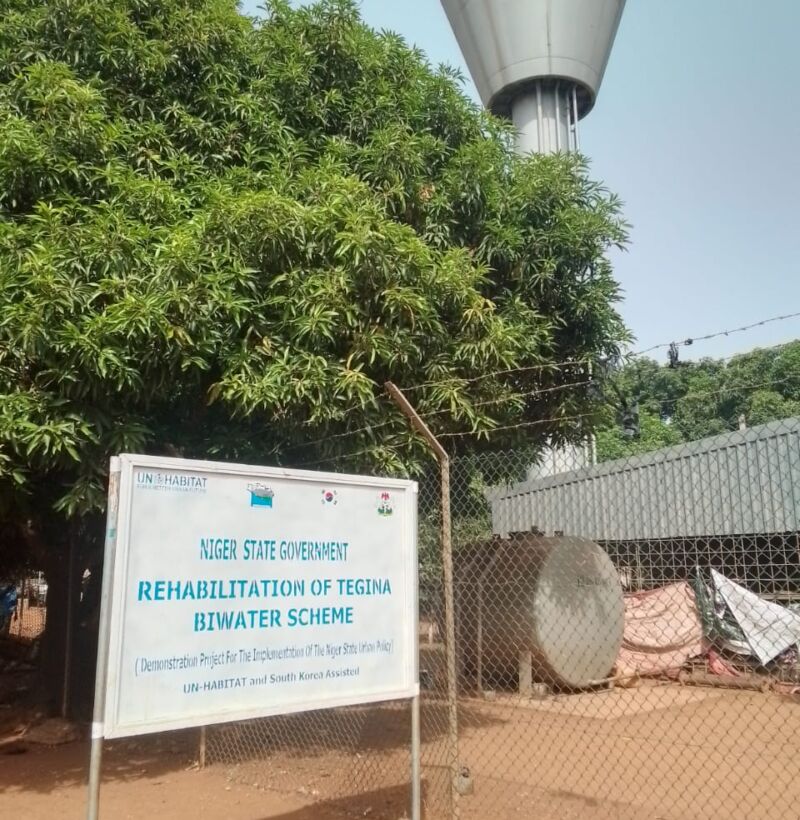
UN-Habitat with the support of the Republic of Korea supported the Niger state in the rehabilitation of the water scheme. Following the rehabilitation of the water scheme, Ms Amina Mohammed a mother of Five and more than 250,000 other in Tunga Mallam, Gwada, Tegina, Beji, Doko, and Kataeregi towns could not hide their excitement with the provision of over 2 Million liters of clean water, they shared that the transformation is not just an infrastructural upgrade but as story of resilience and hope as they used to fetch water only three days a week but now they have access to clean water daily.
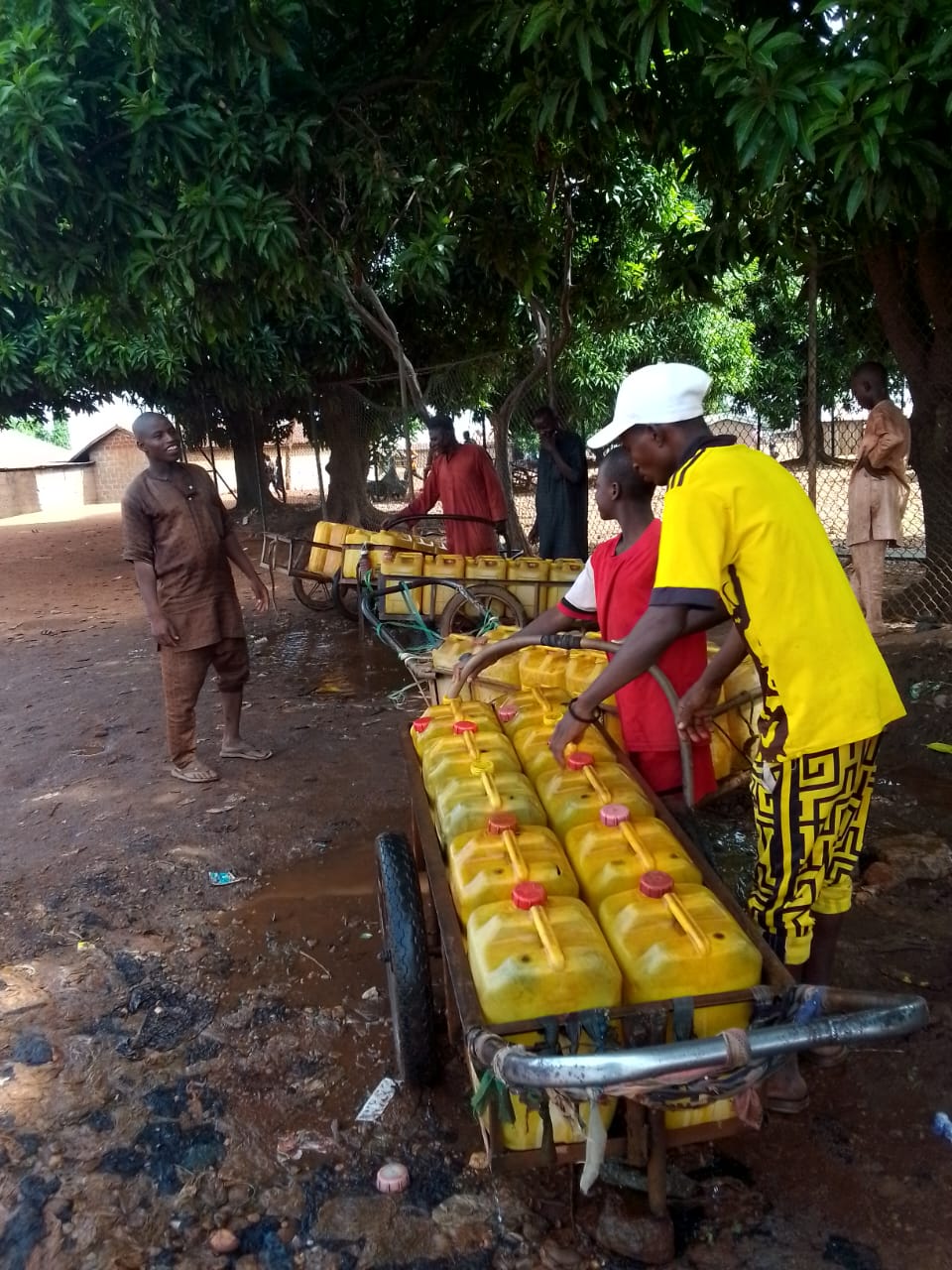
“Before, I used to spend one thousand naira (N1000) every day to buy water from informal vendors. It was hard on my family,” she says. “Now that our water scheme has been repaired by UN-Habitat, I only spend two hundred and fifty naira (N250) daily, and the water is safe for my children.” Ms Amina shared.
The intervention spearheaded by UN-Habitat rejuvenated ten existing boreholes, drilled two new boreholes, installed thirteen submersible pumps and auto-starting panels, and booster pumps, repaired damaged pipes, and overhauled the pumping system in each of these water schemes.
Akilu Kuta, Permanent Secretary of the Niger State Ministry of Water Resources and Dams Development, pointed out the wider impact of the intervention “Before UN-Habitat stepped in, only 7.5% of the state’s water schemes were operational. Today, we’ve not only improved access to clean water but also significantly increased our production capacity by over 2 million litters daily.”
The intervention of UN-Habitat and the Republic of Korea’s Ministry of Land, Infrastructure, and Transport (MOLIT) in Niger State has not only improved the health and livelihoods of the people; it has also restored dignity to the people living in semi-urban towns in Niger State.


